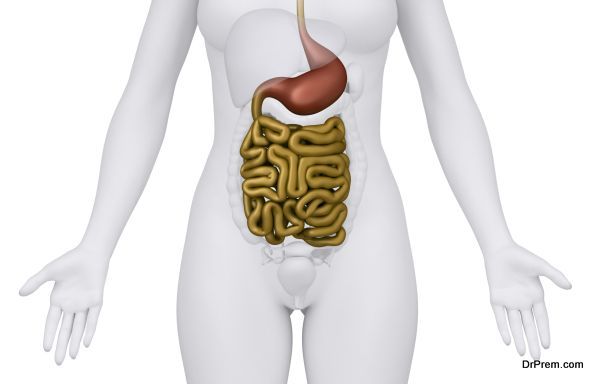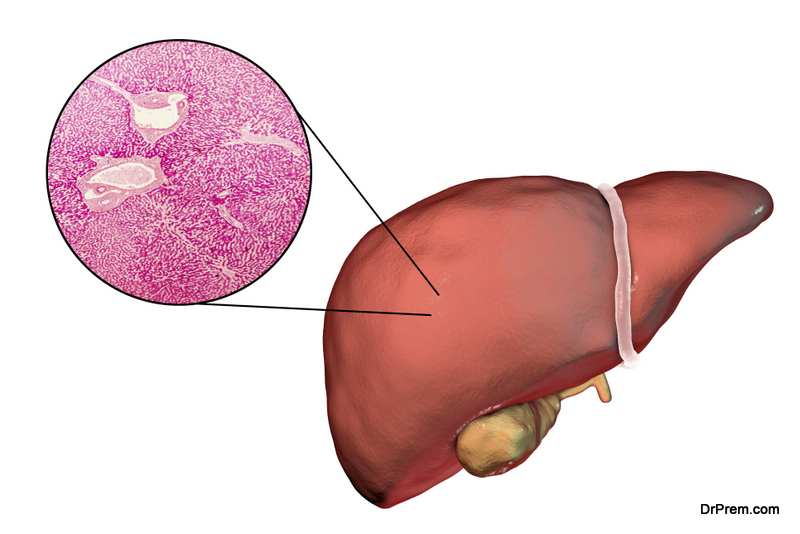While the mainstream approach to treating anxiety is through counseling and medications, the holistic approach is highly focused on bringing lifestyle alterations. Because of the rising stress levels in the current society and the low dietary content for proper nutrition, anxiety can build up. Treating this issue, with counseling and prescription medicines is only going to provide symptomatic relief. For along-termalternative and healthier approach to fighting anxiety, most physicians agree on recovering the body’s nutrient deficiencies.
- Vitamin B Complex
Vitamin B6 and B12 are both essential for a variety of functions in the body. The deficiency of Vitamin B12 has been directly linked to a depleting mental health. In 2009 a study found more than a quarter of elderly depressed women to be deficient in this vitamin. Vitamin B6 is also essential for a proper brain health; deficiencies often cause anxiety, mood swings, and fatigue. Studies have found that Vitamin B complex supplements were effective in reducing symptoms of obsessive thoughts and agoraphobia.
Best Sources- Poultry, Banana, legumes, leafy green vegetables, seafood, meat, egg, milk, and shellfish can be consumed for fighting the deficiency of B Vitamins naturally.
- Tryptophan
This essential amino acid is highly prescribed supplement for reducing stress and anxiety. By maintaining a daily intake of tryptophan through supplements or natural sources, a person notices considerable changes in mood, sleep patterns, and appetite. This is brought about by the conversion of tryptophan into 5-HTP which then breaks down into serotonin. Serotonin is a feel-goodhormone and brings down the body’s stress levels.
Best sources- Soy milk, dairy products, avocados, legumes, nuts, meat and seafood
- Magnesium
According to Hyman, Magnesium is the ‘most powerful relaxation mineral that exists’. Magnesium deficiencies are common in about half of the American population. This stress antidote plays about 300 different functions in the body and has a special role in maintaining the stress levels. Deficiency of Magnesium can manifest as seizures, depression, insomnia, fatigue, behavioral changes, and PMS.
Best Sources- black beans, pumpkin seeds, brown rice, cooked spinach, almonds, cashews, sunflower seeds, and dark chocolate are rich sources of magnesium.
- Omega 3s and 6s
These essential fatty acids have shown tremendous results when supplemented to chronically depressed patients. A sufficient intake of Omega-3s in the form of fish oil can alleviate anxiety easily. These amazing results have been checked with a study where substance abusers were supplemented with fish oil for or three months to reveal surprisingly low anxiety and aggression levels. Omega 3s and 6s are also proven to be great for memory.
Best sources- salmon, tuna, halibut, walnuts, flaxseeds, fish oil.
- Vitamin D
The main source of this fat-soluble vitamin is sunshine. For people living in climates experiencing insufficient sunlight through the year, dark-skinned, or those that do not spend enough time outdoors, Vitamin D deficiency is found to be the cause of anxiety. Depression occurring during winter seasons and seasonal anxieties can be reduced with supplementation of Vitamin D in theform of medications.
Best sources- sunlight, fatty fish, milk, juice, cheese, and egg yolk.
- Theanine and Lactium
L-Theanine is found in tea and this amino acid reduces stress by decreasing the psychological response to it. Additionally, it releases GABA, which is a calming neurotransmitter. Lactium has been shown to reduce stress-related symptoms. This includes its effects on emotional and social problems, anxiety, sleep issues and digestive problems.
Best sources- tea, supplements
- Calcium
When the nervous system is low on calcium, it faces several problems including elevated stress and anxiety levels. Manifesting symptoms include tremors, tingling sensation, heart palpitations, and numbness in extremities. Although calcium’s role in anxiety is quiet below the role of magnesium, Vitamin B, and tryptophan, experts that conduct researches on how to beat anxiety often include calcium deficiency as an important cause.
Best Sources- tofu, soy products, almonds, dairy products, oatmeal, leafy green vegetables.
Our body operates on the essential minerals and nutrients that it derives from the diet we consume. If our lifestyle choices lead to deficiencies in minerals like magnesium and calcium, or vitamins B and D, we can experience a range of behavioral changes including anxiety and mood swings.











